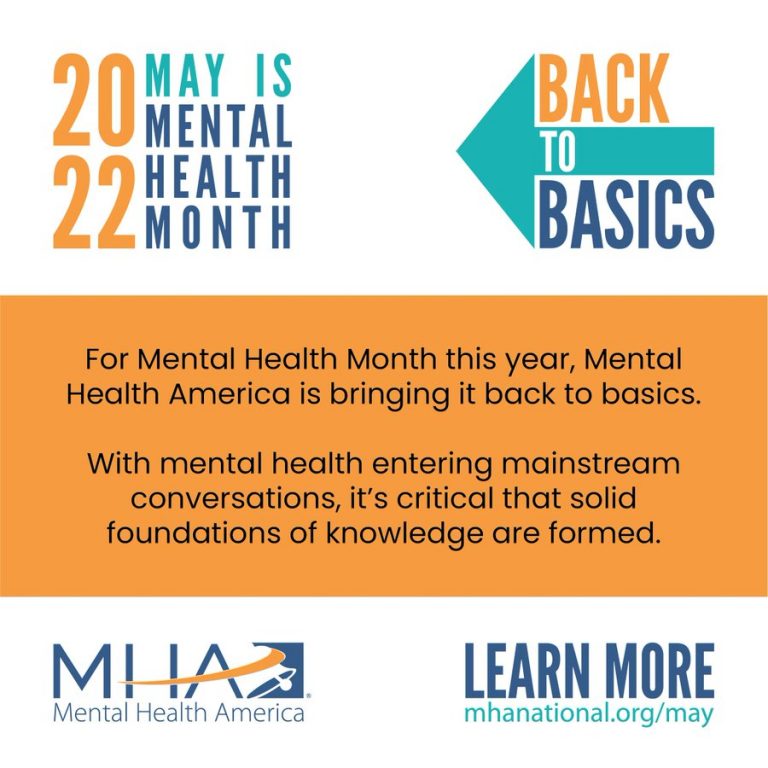Globally, the COVID-19 pandemic has triggered significant increases of anxiety and depression rates, with multiple stress factors, including loneliness, fear, financial insecurity, and grief, contributing to these increased rates. Certain groups of people were more likely to be impacted, such as young people and women, and those with pre-existing physical health issues. [WHO]
As the pandemic wore on, greater increases in poor mental health or substance abuse rates impacted young adults (compared to all adults), those experiencing job loss (compared with those who did not), children and their parents (particularly mothers, compared with men with children), those from Non-Hispanic Black adults and Hispanic or Latino adults (compared with Non-Hispanic White adults), and essential workers (compared to non-essential workers). [KFF]
Healthy People 2030 organizes the social determinants of health into five domains: economic stability, education access and quality, health care access and quality, neighborhood and built environment, and social and community context. Within the last domain, it highlights how structural and individual discrimination harms health in various populatons, such as racial/ethnic minorities, women, lesbian, gay, bisexual, and transgender (LGBT) individuals, older adults, and people with disabilities [Healthy People]. Its objectives for mental health and mental disorders [Healthy People], such as increasing screenings for postpartum depression, align with some of the behavioral health measures Cozeva customers can choose to include in their quality registries and Analytics workbooks.

As a population health management tool, Cozeva supports plan administrators, provider organizations, and their practices to easily track their patients’ behavioral health screenings and management opportunities. For example, identifying those not yet screened for depression, tracking medication adherence, or tracking those needing to be followed up after a diagnosis of a substance use disorder, can be easily done through Cozeva. For Medicare patients suspected for or past coded for mental health-related conditions, our risk engine can efficiently identify those needing confirmation of those conditions.
As a real-time metrics engine, Cozeva’s gap reports and powerful Analytics can better inform your organization’s efforts with these essential mental health services. With options to target patients by geographic area, by length of time from their last service, or by available race, ethnicity or language data, these efforts can improve patient compliance and engagement for better mental health outcomes.
We use cookies to enhance your browsing experience. By clicking “Accept and Continue”, you consent to our use of cookies.